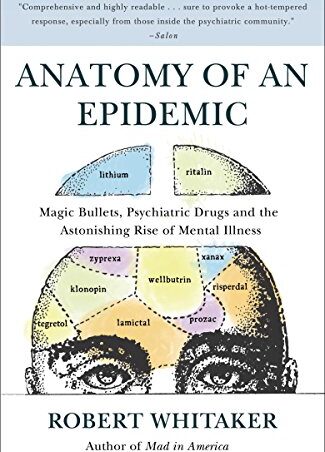The elusive Ivy League is the dream for many, so you can imagine the controversy former Yale professor William Deresiewicz caused with his essay “Don’t Send Your Kid to the Ivy League”. He argues that a prestigious education strips student of any semblance of self-esteem.Their self-worth is contingent on numbers – SAT scores, college acceptance rates, GPAs, starting salaries. Their grandiose aspirations are seldom fulfilled, leaving these new adults feeling inadequate when they are dumped into the real world. Their education often comes at the cost of their mental health.
I am no stranger to the mental health challenges students at elite schools face. I have spent the past six years learning beside some of the most brilliant students in the country. I attended one of the best public high schools in the country, andI now find myself at a prestigious university alongside peers from across the world. Sometimes it feels as if we are merely sleepwalking through our education – going through the motions to get the grade, or publish the paper, or secure the summer internship. I have watched people sacrifice their mental health for their education, and while I respect their diligence, I know that the lives we live are not sustainable nor healthy.
Deresiewicz knows this life all too well, since he has lived it himself. After attendingColumbia for his undergraduate and graduate educations and teaching at Yale, he realized that we are perpetuating an all-or-nothing mentality. There is no compromise for these students – either “[they] are at the top of the world, or [they] are worthless.” Small failures feel colossal; big failures feel unbearable. We were never taught how to fail, so any perceived failure prompts a temporary collapse of our unstable self-worth that has been inflated by the constant praise of parents, teachers, and friends.
Moreover, Deresiewicz mentions that students of this caliber often strive for grandiosity – we seek to be remembered for greatness. I believe our own desire to be remarkable amplifies the pressure we feel, which is often self-imposed. The mere thought of being unsuccessful is terrifying, leaving students to be completely risk averse. These fears and unrealistic expectations detract from the purpose of higher education, which in its premise aims to teach us how to think critically and synthesize new ideas, and instead inflict us with destructive amounts of stress.
Stress, while adaptive, quickly becomes detrimental if endured for long periods of time, and deteriorates the mental health of students across the country. Prolonged exposure to cortisol, the stress response hormone, can cause a decrease in neuroplasticity, disrupt synaptic activity, and can even prompt changes in epigenetic tags.Stress can physically alter the way your brain functions, resulting in dysfunctional cognition (poor memory, inability to concentrate, impaired social skills). It is no coincidence that the rise in mental illness parallels the intense increase in stress experienced by college students across the country.
I believe that there needs to be a paradigm shift in the way higher education is facilitated.We need to shift away from the rigid emphasis on numerical measures and cultivate an environment that encourages risk-taking in learning. Academic rigor, while important, seems to detract from the current learning process, as students focus on cramming material to get a good grade rather than actually understanding their coursework. Likewise, I believe teaching students to fail without fear of ruining their future would greatly benefit their mental health and lead to greater ingenuity, curiosity, and risk-taking among these learners.
College is a critical time in young adults’ lives. Instead of bombarding their developing brains with catastrophic amounts of stress, we should focus on creating an enjoyable learning experience that minimizes stress while optimizing material retention. Academic rigor and decreased stress are not mutually exclusive, andI believe that reducing stress can enhance student learning and allow for amore complex understanding of material. Moreover, teaching students to be resilient in the face of failure would make for a much smoother transition to adulthood and effectively protect the mental health of many. If we teach students to embrace failure, we will ultimately inspire them to take risks in their educations, which will lead to critical thinking, genuine intrigue, and productive innovation, whilst simultaneously combatting the mental health crisis.



